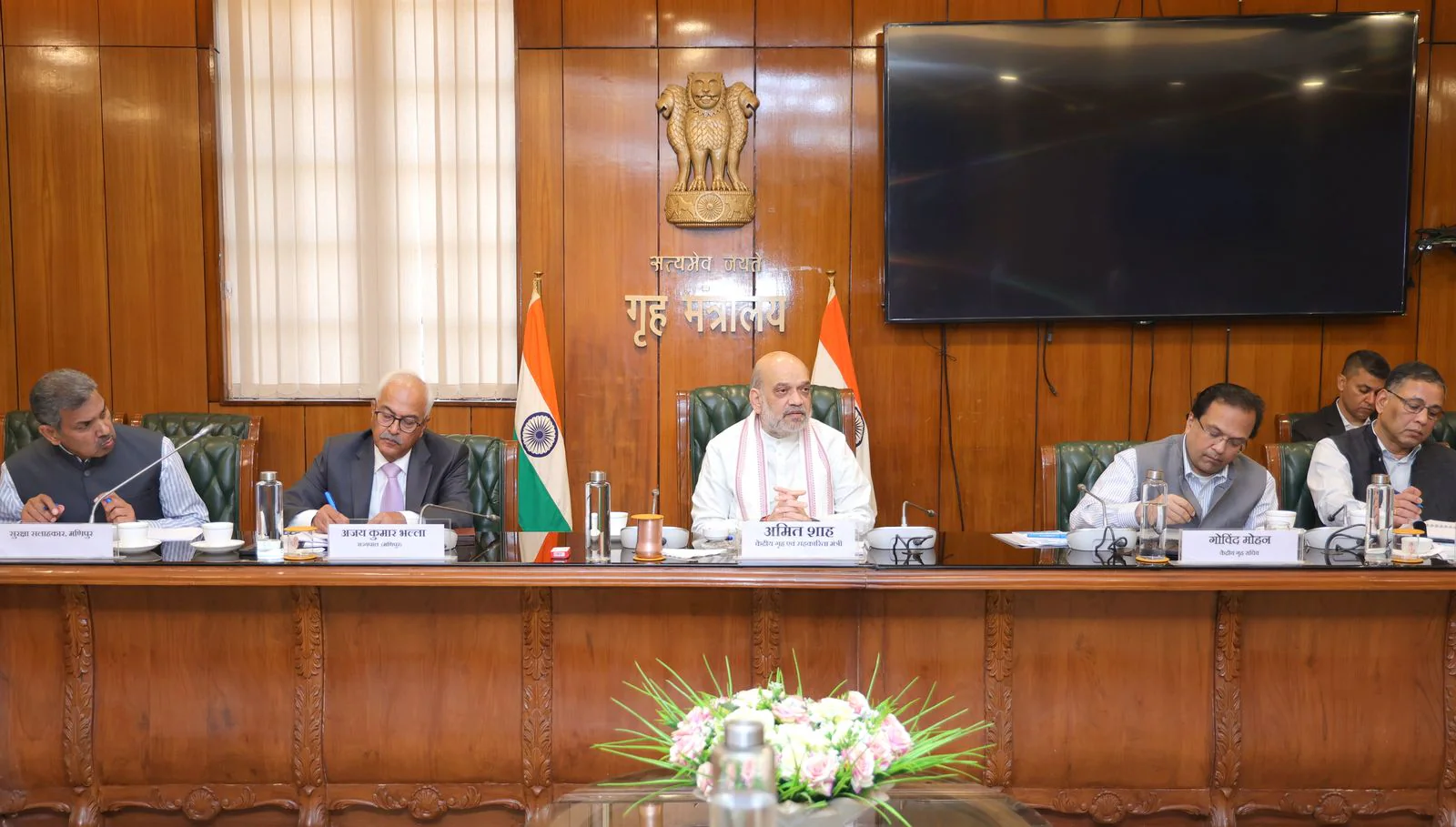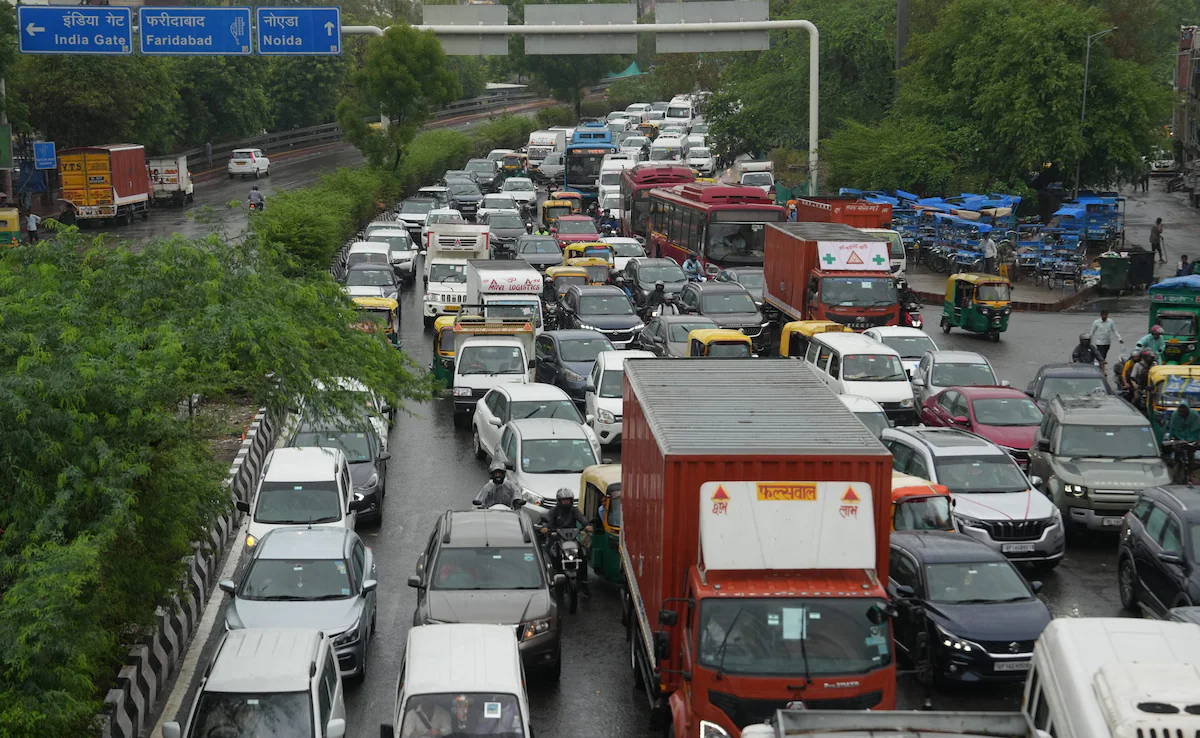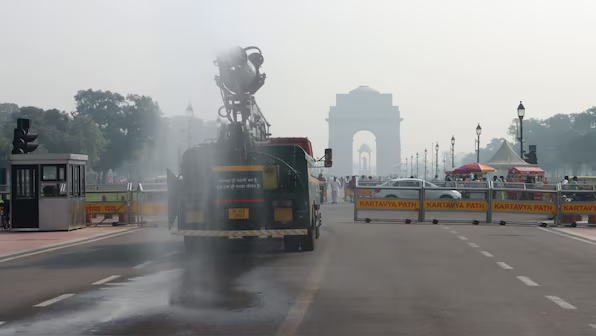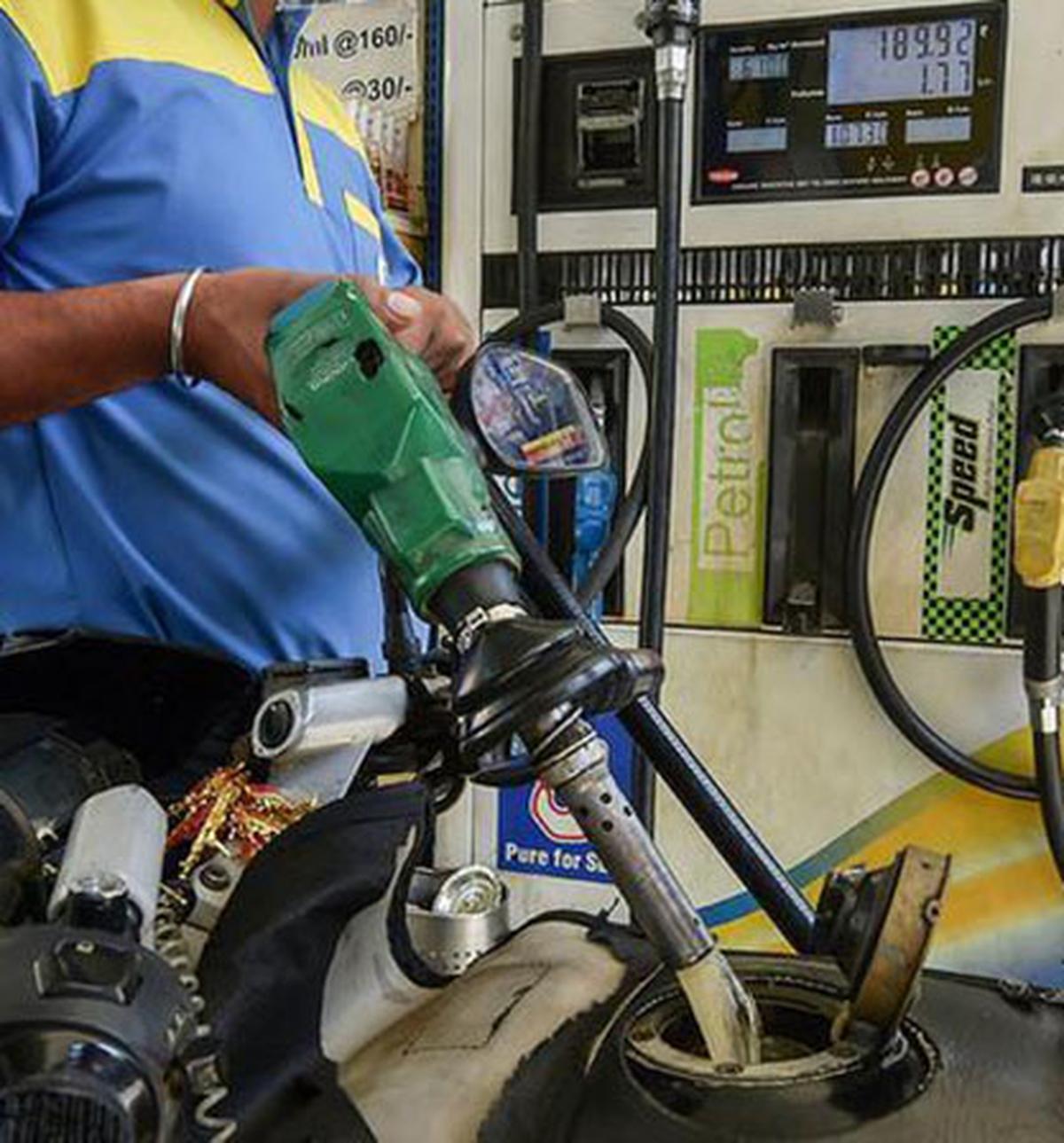- Home
- /
- News
- /
- India News
- /
- As Shashi Tharoor suggests capital switch over smog, Indonesia is already at it
As Shashi Tharoor suggests capital switch over smog, Indonesia is already at it
11/19/2024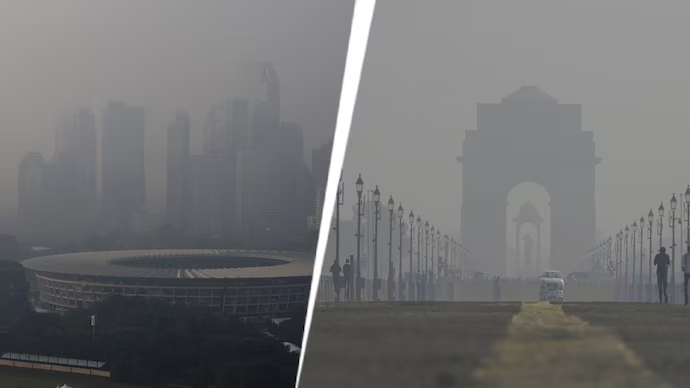
"Is Delhi still fit to be India's national capital," questioned Congress MP Shashi Tharoor as pollution soared to extremely severe levels in the national capital on Tuesday. The post by the Thiruvananthapuram MP on X sparked a debate on social media, with several users suggesting a shift to one of the southern cities like Chennai or Hyderabad, where the air is significantly cleaner.
Such a move, however, would not be unprecedented. In 2022, Indonesia passed legislation to shift its capital from Jakarta, notorious for its poor air quality, to Nusantara due to a mix of environmental challenges and climate concerns. The new capital city, about 1,000 km from Jakarta, is still under construction and a complete shift is expected only by 2045.
For this, President Joko Widodo's government has estimated a cost of $35 billion or Rs 2.905 lakh crore. Up to 1.9 million people are also expected to be relocated to Nusantara by 2045.
WHY IS lNDONESIA SHIFTING ITS CAPITAL?
Like Delhi, Jakarta, which is home to about 10 million people, has been plagued by worsening air quality year after year. From May to August, the air quality remains in the "very unhealthy" category and its hospitals get swamped with patients suffering from acute respiratory infections. In 2023, more than a lakh such cases were reported every month. A Jakarta Post report also linked the hazardous pollution levels to babies suffering from stunting and newborn deaths.
In fact, in 2023, Jakarta has consistently ranked among the 10 most polluted cities globally since May. Visuals of the President coughing at public events for several weeks have also grabbed attention.
However, the primary driver behind the move to shift the capital is the fact that Jakarta is rapidly sinking. The Indonesian city is facing the threat of rising sea levels and land subsidence, driven by uncontrolled groundwater extraction.
At the current rate, one-third of Jakarta could be submerged by 2050. In fact, many commercial and residential areas, especially in northern Jakarta, have already been destroyed due to flooding.
WHAT THE NEW CAPITAL WILL LOOK LIKE?
However, creating a new capital from scratch will be easier said than done, entailing constructing government buildings and housing. For the gargantuan task, the Indonesian government has decided to initially relocate over 1.5 million civil servants.
To prevent a Jakarta-like scenario in the future, the new capital is being built in a "forest city" concept, with 65% of the area being reforested, AP reported, quoting Bambang Susantono, head of the Nusantara National Capital Authority.
Moreover, Nusantara will adopt 100% renewable energy, with the government underscoring that it will be an easier feat for a completely new city to adopt green energy.
The full construction is expected to be completed by 2045, marking the nation's hundredth anniversary.
However, the government has come under fierce criticism from climate activists over the impact it would have on Borneo, known for its beaches and rainforest, which is home to a wide array of wildlife. Experts have also flagged that rural residents of Jakarta who don't have the resources to move would face the brunt.
WHAT SHASHI THAROOR SAID ON DELHI POLLUTION?
In a hard-hitting post on X, Tharoor said Delhi was essentially "uninhabitable" from November to January, when pollution levels spike due to a concoction of vehicular emissions and crop residue burning in neighbouring states.
"Delhi is officially the most polluted city in the world, 4x hazardous levels and nearly five times as bad as the second most polluted city, Dhaka," Tharoor tweeted as the AQI mark hovered around the 490-mark on Tuesday.
"This city is essentially uninhabitable from November to January inclusive and barely liveable the rest of the year. Should it even remain the nation’s capital?" he further said.
Notable, Tharoor's post comes days ahead of the Winter session of Parliament in New Delhi, where MPs from across the country will converge.





